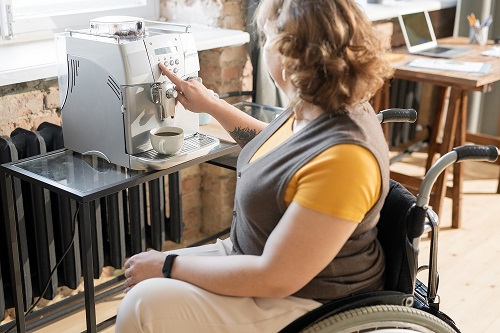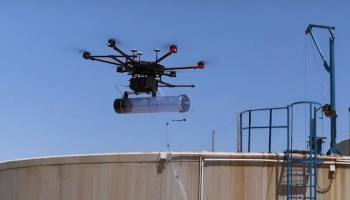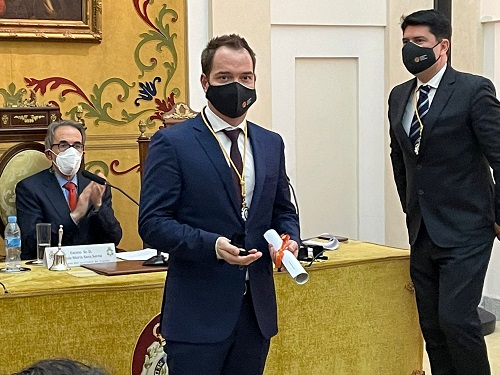Elucidating the transport of misfolded proteins across the blood brain barrier
Group: Molecular Bionics and Molecular and cellular neurobiotechnology Group leader: Giuseppe Battaglia (gbattaglia@ibecbarcelona.eu) and José Antonio del Rio (jadelrio@ibecbarcelona.eu) Research project Neurodegeneration is the hallmark of several neurological disorders, including … Read more




